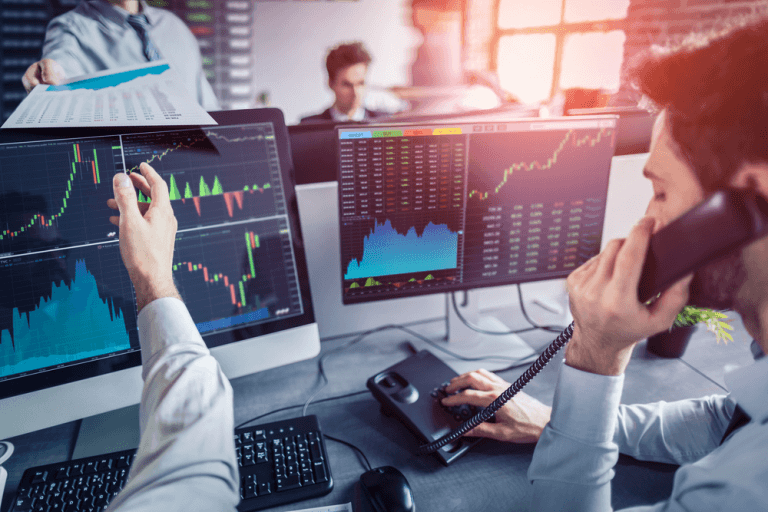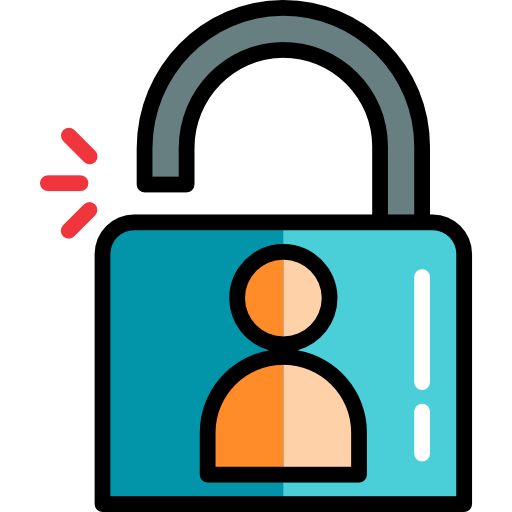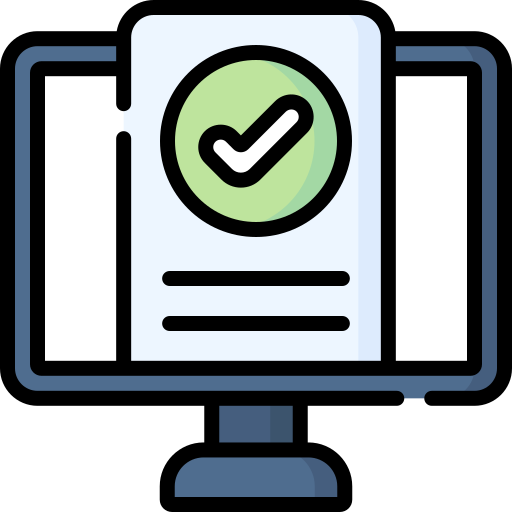What Is The Difference Between A Broker And An Exchange In Digital Currencies?
Two Ways To Trade And Buy And Sell Digital Currency There, Using An Exchange Or Using A Broker. There Are Differences Between The Two That Are Not Obvious To The General Public.
In the following, we will first define these two concepts. Then we will examine the items that traders should consider when buying digital currency in an exchange or an online trading platform of a broker.
One of the users of the stack section of the digital currency website, in response to Question He, writes about the difference between a broker and an exchange:
A broker is completely different from an exchange.
In an exchange you can buy one currency or convert your currency into another currency. New exchanges have also added features such as price charts and conditional purchases or leverage.
But brokers like Windsor or Alpari or all the places that have broker names, operate in the stock market or Forex and so on.
Their job is to buy and sell anything like stocks of metals, commodities, digital currencies, energy like oil and gas, and so on.
You can not buy Apple stock directly, for example. You need to open an account with a brokerage and send them a request to buy anything that the broker has a contract with, depending on the type of purchase you may make a profit or a loss.
Forex brokers (foreign exchange markets such as Euros, Pounds, etc.) usually leverage or leverage that you can buy many times your capital.
Forex brokers have recently entered into digital currency purchase agreements with liquidity companies. That is, you are actually telling the broker to buy or sell some bitcoin for me, for example.
Note that this contract is not Bitcoin itself. On the other side of you is always either a contract against you or the liquidation company itself. If you make a profit that gives you the dollar equivalent or vice versa. So you do not own digital currency. (That is, the broker is not suitable for investment and is only suitable for buying and selling and trading.)
Warning: Like exchange offices, there is a risk of assets being blocked for Iranians in international brokers.
What is a broker?
A broker is a person or company that acts as an intermediary between the buyer and the seller. Brokers make sense in the economic market and the real estate market, the commodity market, the art market, and so on.
But in economics, a broker is a non-bank financial institution responsible for announcing the market asset rates to clients. Execute orders (buy or sell) and earn orders in the commission itself.

Each broker has its own software through which prices can be informed, and buying and selling orders can be transferred to the broker.
A broker usually performs a set of necessary activities between the buyer and the seller according to the previous responsibility assigned to him and the seller to exchange the subject matter of the transaction and its main and ancillary costs in specific and safe conditions.
But specifically in the field of digital currency, using a broker, your funds and capital, unlike a centralized exchange, are traded by a trading network, and it is referred to as an OTC market.
Brokers find sellers or buyers who alone have large amounts of digital currency and pair them up for sale. This process is more flexible, easier, and generally faster than an exchange.
What is an exchange?
Exchange literally means a place for trading all kinds of money. Its emergence as a profession can be attributed to the need for people to determine the accuracy and weight of various coins that were common in previous centuries.
Conventional digital currency exchanges work like a stock exchange, where buyers and sellers trade based on the current price of digital currency.

The price of a digital currency in exchange is based on sales, and if the demand for foreign exchange is higher, the price increases, and if the demand is low, the price decreases.
Exchange offices usually charge a percentage for each transaction. In exchanges, some people may convert Fiat currency into digital currency, or vice versa, while others only exchange different digital currencies.
In the following, we will examine the differences between these two concepts in different dimensions.
Open an account and authenticate

Exchange
Opening an account in an exchange office is as simple as opening an account on other websites. All you have to do is submit an email, create a password, and verify the provided email address. After registering, you will need to complete the authentication process before withdrawing or depositing money from your account.
To verify your account, you must upload a picture of your ID card or a picture of yourself with an ID card in your hands on the exchange website. Exchange offices will usually respond to your request for verification within a few hours to a few days.
But in the meantime, some exchanges do not need authentication, such as Binance Exchange, one of the most popular digital currency exchanges worldwide. In this exchange, as soon as you register, you can withdraw or deposit in your account, and there is only a transaction limit of up to 2 bitcoins per day.
Broker
Registering in a broker is not a difficult task and is as simple as an exchange. However, to deposit and complete the transaction, account approval is mandatory. As a rule, you should provide one or two copies of the scanned document, which is basically an ID card and proof of your address.
Some brokers may ask you for other documents. The authentication process is much faster than an exchange and is completed in 30 minutes. Once your account has been successfully verified, and your trading account has been opened, you can easily make a deposit and start trading. Some brokers, like exchange offices, do not need authentication.
Deposit and withdrawal

Exchange
Sending Fiat money to digital currency exchanges is often a hassle. For example, you can not deposit dollars or euros in Binance, and you have to use digital currency instead. That means you have to buy some digital currency beforehand.
There are several ways to buy digital currency, but these transactions usually come with high fees and commissions. If you are going to make multiple transactions when depositing into your account, keep in mind that you will have to pay a fee for each transaction, and thus you may lose 15% of your initial capital.
Withdrawing capital from an exchange in the form of Fiat currency is not without problems. Of course, you can use a wallet or an online exchange, but transferring assets to them again includes paying a fee. Withdrawing and transferring to a bank account is also an issue. Some banks refuse to accept money from digital currency exchanges because the source of the money and its transactions are unclear.
Broker
Accounts and withdrawals in brokers are usually charged in dollars or euros, and you can not make deposits and withdrawals in digital currencies, unlike exchange offices. Of course, there may be brokers that allow you to deposit and withdraw digital currencies. Depositing using a broker is easy, but not for Iranian users. The broker client has many ways to deposit, including credit cards, valid e-wallets, etc. You can keep US dollars, euros, and sometimes other currencies in your deposit. This feature simplifies the whole process, and, as a rule, there is no deposit fee. Iranian users usually use brokers that have the option of paying with web hosting.
Buy And Sell

Exchange
Trading and buying and selling in exchange do not require special knowledge. All you have to do is select your preferred trading tool, open the trading section, and watch the price chart.
You can place sales orders as well as features Stop Limit and Order Limits. From this perspective, the characteristics of exchanges are somewhat limited compared to the broker platform.
One of the advantages of an exchange is that you choose between buying and selling many digital currencies. For example, Binance Exchange offers 120 digital currencies for trading, and you have a great selection of options when choosing your buying and selling strategy.
Broker
Using the broker platform, you will have a wide range of features to help you implement your strategies and risks more accurately. This way, you will be able to put additional indicators on the chart and use the expressions of the infrastructure analysis.
However, unlike an exchange, the broker platform offers you a limited number of digital currencies. Each broker supports different currencies, but you will most likely find the most popular digital currencies there.
Another positive feature of the broker is the small difference between the lowest and highest price in its orders. This price difference in the digital currency market can reach several hundred dollars, but you may encounter the lowest possible price difference on trading platforms.
The broker platform provides you with many good features. Unlike an exchange, you can place multiple charts in your window, track prices and quotes, and use a set of indicators and other add-ons.
Conclusion
As a result, we can say that digital currencies are highly volatile and risky assets that can bring both huge profits and losses. When choosing a trading method for digital currencies, all its positive and negative aspects should carefully study.
You need to know exactly which company or exchange you want to use as a platform for your transactions. Brokers and money changers each have their own advantages and disadvantages; So your final decision depends on your personal goals and priorities.













